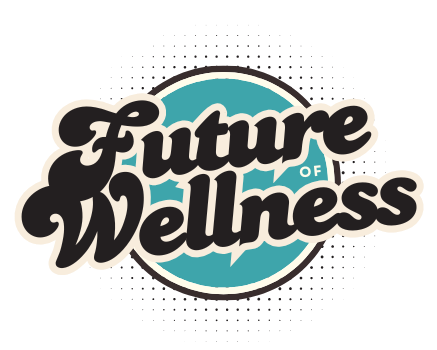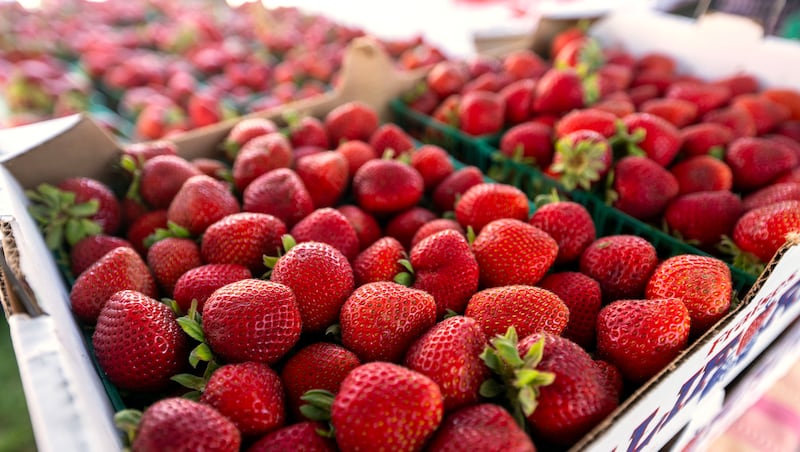If you wouldn’t willingly consume pesticides, you ought to wash your fruits and vegetables before eating them. Otherwise, you’re opening the door for pesticides to enter your body, as urine samples have shown.
That’s the finding of a study just published in the peer-reviewed International Journal of Hygiene and Environmental Health by researchers from the Environmental Working Group and the Department of Epidemiology at Brown University School of Public Health.
The researchers reported that “pesticides have been linked to cancer, reproductive harm, hormone disruption and neurotoxicity in children. Residues of these chemicals are often detected on produce, creating exposure concerns for consumers.”
In a news release, the researchers said they hope the study will lead to future research into how dietary exposure to pesticides through fruit and vegetables can impact human health.
The Environmental Working Group puts out an annual “Clean Fifteen” and “Dirty Dozen” look at which fruits and vegetables are most apt to have pesticides,
The study compares levels of pesticide that the U.S. Department of Agriculture detected in produce from 2013-2018 with urine samples collected from 1,837 participants in the National Health and Nutrition Examination Survey, an annual undertaking of the Centers for Disease Control and Prevention. They used the data taken in 2015 and 2016.
The working group notes that it’s not saying don’t eat produce. Fruits and vegetables are a vital staple for a healthy diet.
“The findings reinforce that what we eat directly affects the level of pesticides in our bodies,” said Alexis Temkin, vice president for science at EWG and lead author of the study. “Eating produce is essential to a healthy diet, but it can also increase exposure to pesticides.”
Clean or dirty?
Some fruits and vegetables have more pesticide residue than others, including strawberries, spinach and bell peppers. People who consumed a lot of them, presumably without washing them thoroughly, had more pesticide detected in their urine.
The group said that spinach tops its Dirty Dozen list, followed by strawberries, greens including kale and collard and mustard greens, grapes, peaches, cherries, nectarines, pears, apples, blackberries and potatoes.
Pineapple is No. 1 on the Clean Fifteen list, followed by sweet corn, avocados, papaya, onion, frozen sweet peas, asparagus, cabbage, watermelon, cauliflower, bananas, mangoes, carrots, mushrooms and kiwi.
Temkin said pregnant women and young children are especially susceptible to the risks.
Among the key findings:
-
Produce with high levels of pesticide residue is more strongly associated with chemicals being found in the urine, compared to eating produce with lower residue.
-
More pesticides should be studied. The CDC’s national survey monitors a subset of pesticides found in food. The group would like to see more included.
-
People are exposed to several pesticides at a time, but not all the chemicals are included in the analysis.
-
Potatoes throw off the results. Per the findings, “The relationship between produce consumption and pesticide levels in the body was only evident when potatoes were excluded from the analysis. Potato consumption obscured the study’s findings, possibly because people eat potatoes in a variety of ways, which makes it more difficult to accurately estimate pesticide exposure from them. More research is needed into how potatoes influence pesticide exposure in people.”
The group has criticized the Environmental Protection Agency for failure to adequately protect health. The EPA sets limits for individual pesticides, “failing to account for cumulative exposure from mixtures of residues regularly detected on produce samples tested by the USDA.”
In its tip section, the working group tells people to eat “plenty” of fruits and vegetables, organic or not. Switching to organic does reduce pesticide biomarkers in the body in a very short time, though, the group said.
Linda Birnbaum, former director of the National Institute for Environmental Health Sciences and the National Toxicology Program, told CNN that the study found an “amazing amount of consistency” between how much pesticide was found on vegetables and the levels that showed up in human urine.
“This tells us that we don’t have to measure each person — when people eat a lot of produce with high residues of pesticides, they’re more likely to have elevated levels in their urine,” said Birnbaum, who was not involved with the study.
Temkin said pesticide load can be reduced by choosing organic when consuming the most contaminated foods on the Dirty Dozen list. Choosing more from the Clean Fifteen can reduce pesticides, too.
CNN said Temkin told them that the pesticide levels used to make the lists came from washed produce. “The USDA testers mimic consumer behavior and wash fruits or vegetables for about 15 or 20 seconds under running water. They also peel something like an orange or banana.”
How to wash produce
Wash your hands with soap and water before you prepare fresh produce, including cleaning it.
Firm produce including carrots, cucumbers, potatoes and melons can be scrubbed with a clean vegetable brush under running water, per advice from the U.S. Food and Drug Administration.
Rinse produce before you peel it so your knife doesn’t drive pesticides or other problems inside the fruit or vegetable.
Don’t use soap or produce wash; water and gentle rubbing are adequate. Then dry the fruit or vegetable with a clean paper towel or cloth to further reduce bacteria that might be hanging on.
For lettuce or cabbage, remove the outermost leaves.
If your produce is damaged or bruised, cut away that part before preparing or eating.









